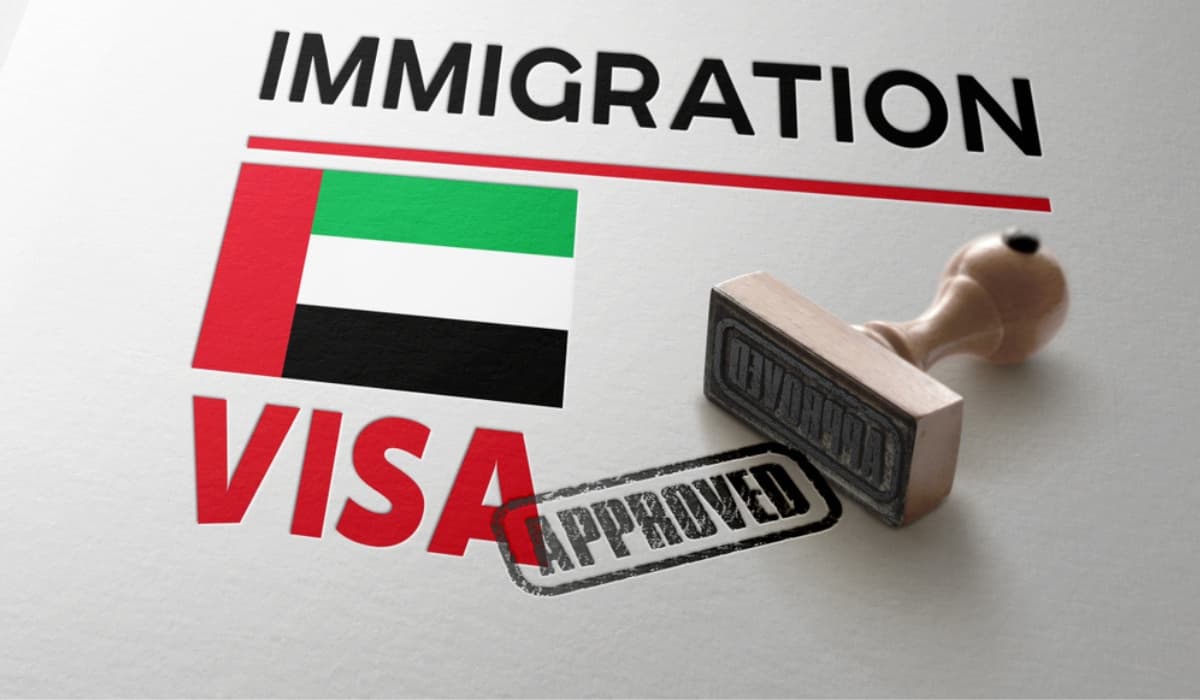
UAE Immigration: A Guide to Key Entry Requirements, Visa Types and Deportation Rules
Key regulations and compliance measures for residents and newcomers
In the United Arab Emirates (UAE), understanding immigration and deportation processes is essential for both residents and newcomers.
These procedures are governed by well-defined legal frameworks to maintain public order, ensure security, and regulate residency.
Immigration
Federal Law No. (29) of 2021: UAE Immigration and Residence Regulations
To streamline immigration and residence procedures, the UAE has implemented Federal Law No. (29) of 2021. This law provides clear guidelines for the entry, residence, and employment of foreigners in the country.
Key Points of the Law
Entry Requirements: Foreigners entering the UAE must do so through designated ports of entry with a valid passport and the appropriate visa or entry permit. Certain exemptions may apply as per Cabinet decisions.
Visas and Permits: The law categorises visas into various types, including visit visas for tourists and short-term visitors, and residence visas for those seeking long-term stay. The issuance, renewal, and cancellation of these visas are governed by the Federal Authority for Identity and Citizenship.
Work Regulations: Holders of visit visas are prohibited from working in the UAE without explicit permission. Employment is strictly regulated to ensure compliance with labour laws and protect both employers and employees.
Residence Permits: Foreigners intending to reside in the UAE for an extended period must obtain a residence permit. These permits are issued based on specific criteria, including employment, investment, or family sponsorship.
Registration Requirements: Upon arrival, foreigners must register their details with immigration authorities. Employers also play a crucial role in ensuring compliance by reporting changes in employment status or residence to the relevant authorities.
Penalties and Enforcement: The law imposes penalties for violations such as illegal entry, unauthorised employment, and forgery of documents. Penalties may include fines, imprisonment, and deportation, depending on the severity of the offence.
Special Provisions: Certain categories of individuals, such as diplomats and heads of state, enjoy exemptions from certain provisions based on international treaties and reciprocity agreements.
Implementation and Compliance
Federal Law No. (6) of 1973 emphasises the importance of co-operation between various governmental bodies to enforce its provisions effectively. It also provides mechanisms for the regularisation of illegal residency, offering opportunities for individuals to rectify their status within the legal framework.
Deportation
There are two primary types of deportation in the UAE:
Judicial Deportation: This type of deportation is issued under a court order against a foreigner convicted of serious crimes, including felonies punishable by imprisonment or offences involving sexual assault.
According to Article 126 of Federal Decree-Law No. 31/2021 on the penal code, amended by Federal Law No. 34 of 2005 and further amended by Federal Decree-Law No. 7 of 2016, such individuals are mandated to be deported from the UAE.
Administrative Deportation: Administered by the Federal Authority for Identity and Citizenship, administrative deportation occurs for reasons related to public interest, security, morals, or health.
It can also be enforced if the foreigner lacks visible means of support. Individuals subject to administrative deportation may apply for removal through the General Directorate of Residency and Foreigners Affairs in their emirate.
Reasons for Deportation
Deportation orders are issued for various reasons, including criminal activities, threats to public safety and violations of residency regulations. Individuals may face deportation for failing to maintain lawful residency status or engaging in activities deemed harmful to society.
Lifting Deportation Orders
Foreigners under deportation orders may request a grace period upon posting bail to resolve ongoing interests in the UAE. Typically, this grace period, overseen by the Federal Authority for Identity and Citizenship, does not exceed three months.
Re-entry to the UAE after deportation requires special permission from the director general of the authority, involving a detailed application outlining previous residency permits, reasons for deportation, and justifications for return.
Blacklists and Administrative Lists
In addition to deportation, individuals may be placed on blacklists or administrative lists, restricting entry to or exit from the UAE. Blacklists include individuals convicted of crimes, those posing threats to public security, or those with outstanding financial obligations.
Administrative lists cover individuals such as domestic helpers who violate residency rules or abscond from sponsors.
Lifting Names from Lists
Names on blacklists or administrative lists can be lifted under specific conditions set by competent courts, ministerial decisions, or relevant government authorities. Procedures vary based on the reasons for listing, emphasising compliance with legal requirements.
Understanding and Compliance
Understanding these immigration and deportation procedures is essential for anyone residing or planning to reside in the UAE, ensuring adherence to local laws and avoiding legal repercussions.
This combined guide provides essential insights into navigating UAE's immigration and deportation processes, promoting informed decisions and legal compliance.
For any enquiries or information, contact info@thelawreporters.com. Follow The Law Reporters on WhatsApp Channels.